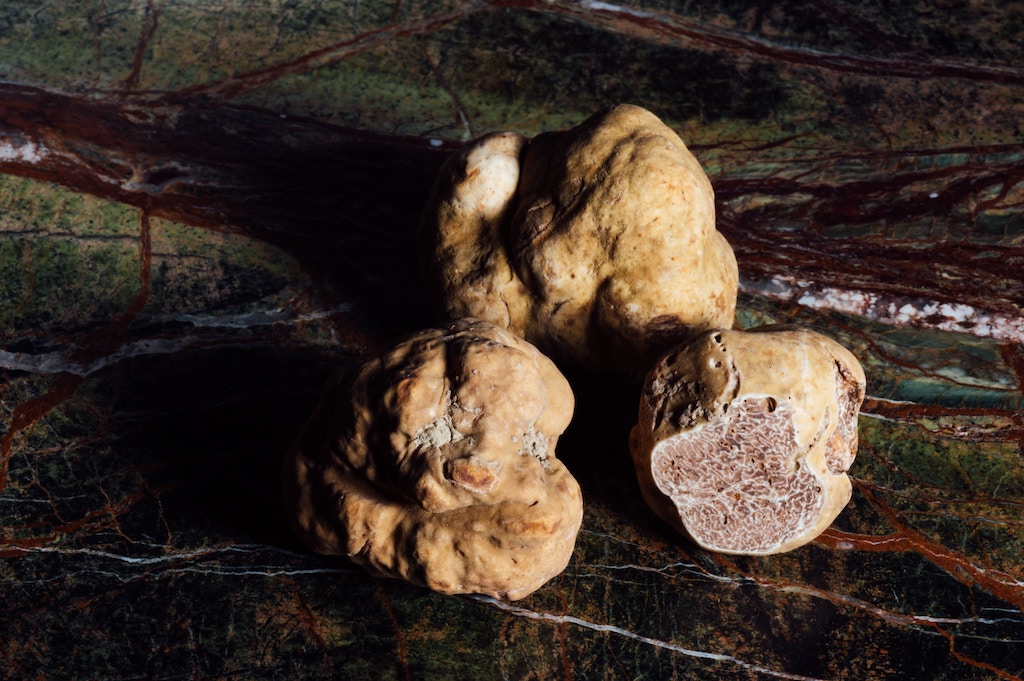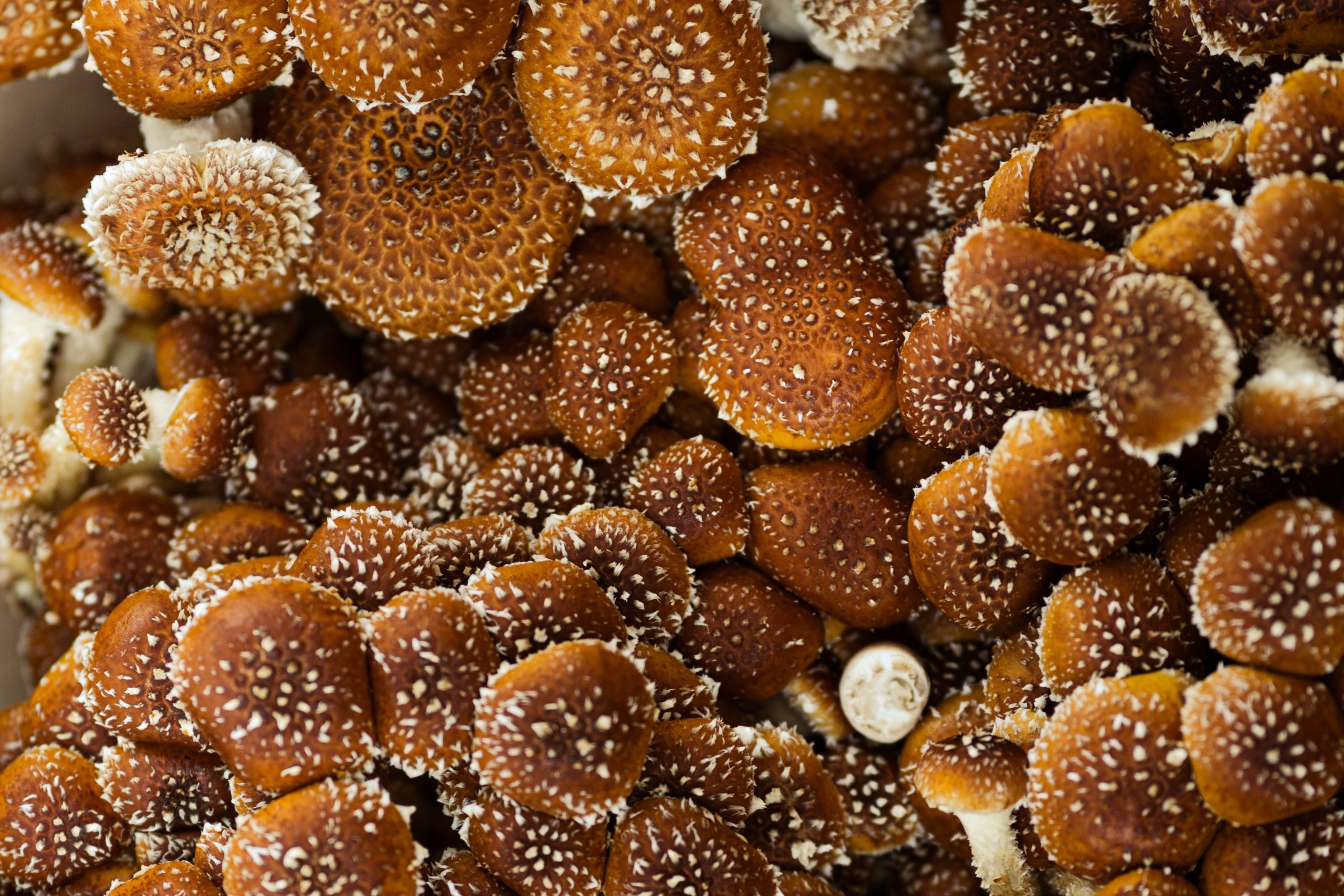MycoTechnology Debuts a Truffle-Based Sweetener As Aspartame Cancer Link Exposed
3 Mins Read
A new truffle-based sugar alternative discovery comes at a critical time for the artificial sweetener category.
Colorado-based MycoTechnology says it has identified a sweet protein originating from honey truffles that could disrupt the conventional sugar and manufactured sweeteners markets. The groundbreaking development comes as the artificial sweetener aspartame has been identified as a possible carcinogen by the World Health Organization.
Honey truffle sweetener
MycoTechnology’s latest innovation underlines its commitment to applying cutting-edge technology to uncover the fungal world’s untapped potential. The honey truffle discovery holds significant promise.
While honey truffles have been enjoyed for thousands of years, MycoTechnology says the newly discovered sweet protein is the first of its kind. It can deliver an intense, natural sweetness without the lingering aftertaste of common sugar replacements.

“Our honey truffle sweetener is derived from a protein, which brings an unprecedented level of excitement as proteins are widely recognized as the future of sweeteners,” MycoTechnology’s CEO, Alan Hahn, said in a statement.
“This breakthrough ushers in a new era of clean label sweeteners, revolutionizing the way we create foods and beverages without relying on traditional sugar or artificial sweeteners,” Hahn said.
Aspartame’s cancer risk
The discovery follows recently released assessments from the World Health Organization, the International Agency for Research on Cancer, (IARC), and the Food and Agriculture Organization Joint Expert Committee on Food Additives, that aspartame, which is used in the popular soft drink Diet Coke among a range of other products, may cause cancer. The IARC classified aspartame as possibly carcinogenic and JECFA reaffirmed the acceptable daily intake of 40 mg/kg body weight.

“The findings of limited evidence of carcinogenicity in humans and animals, and of limited mechanistic evidence on how carcinogenicity may occur, underscore the need for more research to refine our understanding on whether consumption of aspartame poses a carcinogenic hazard,” Dr. Mary Schubauer-Berigan of the IARC Monographs program, said in a statement.
While the FDA has disputed the IARC’s warning, scientists have long called for more research into aspartame, which first entered the U.S. food system in the 1970s.
MycoTechnology says it already has several potential partners interested in exploring collaborations with its honey truffle sweetener.
Hahn says the MycoTechnology team’s commitment to a healthier future drove the discovery. The company is developing a proprietary platform designed to scale production, minimize manufacturing costs, and optimize yield. “Today, we stand on the brink of a sweet revolution that could transform the food industry and consumer health in unprecedented ways,” Hahn said.



